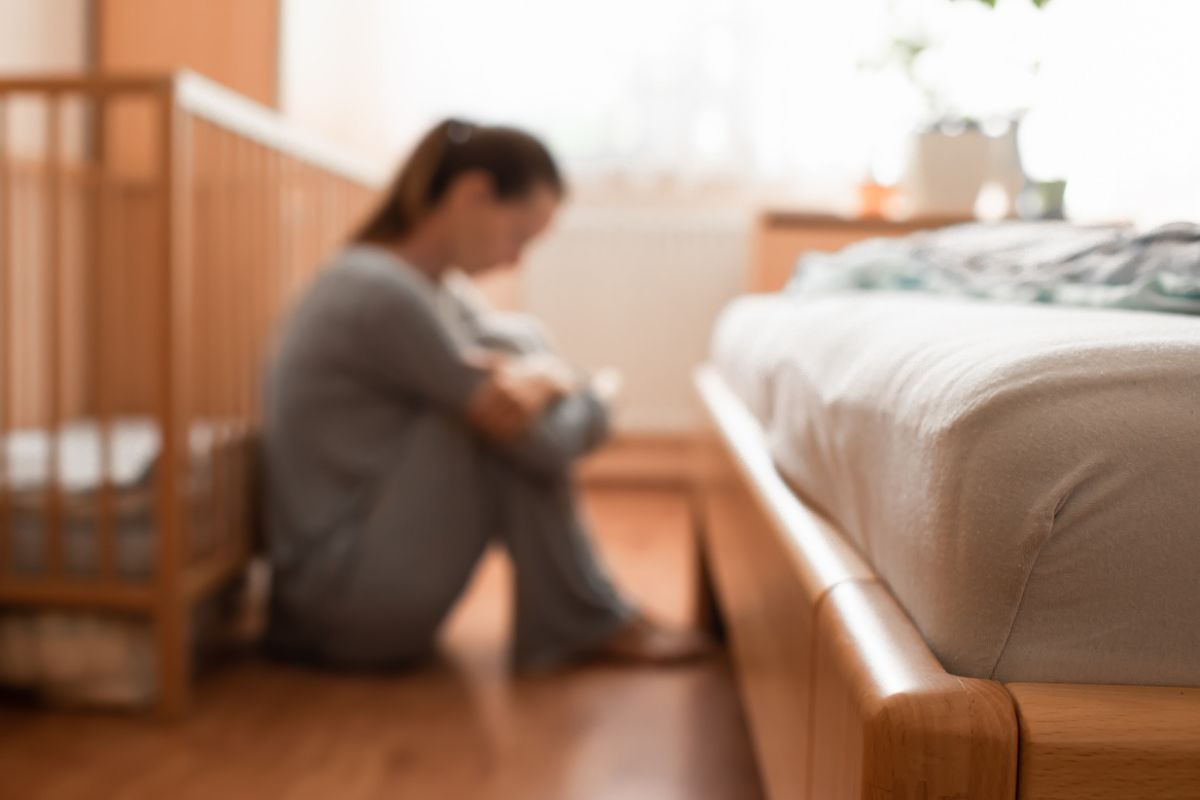Motherhood isn’t what it used to be. Driven in large part to more women going to college – along with more new moms going back to work – American mothers see their roles changing.
According to the numbers:
- The average age of the first-time mom in the United States has crept up over the last several decades, from 21.4 in 1970 to 27.5 in 2023, according to the latest U.S. Centers for Disease Control and Prevention (CDC) data.
- Moms are having fewer kids. According to the Pew Research Center, “In the late 1970s, women at the end of their childbearing years (ages 40 to 44) had, on average, more than three children. In 2020, women had about two children on average.”
- And while most women told the Pew researchers that being a mom is “enjoyable and rewarding.” But they’re also more likely than dads to say that parenting is harder than they expected.
Now new analysis – based on data pulled from the National Survey of Children’s Health – shines some light on more disturbing trends about the physical and mental health of U.S. mothers.
Insights Into U.S. Moms
Drawing on responses from nearly 200,000 female parents of children up to the age of 17, university researchers discovered a dramatic decline in self-reported mental health from 2016 to 2023. They also noted a similar – if smaller drop off – in the self-reported physical health of moms.
“Our results highlight the rising tide of worsening mental health among parenting women as a key target for efforts to improve maternal and child health in the U.S.,” assistant professor of Health Policy and Management at Columbia Mailman School and author Jamie R. Daw, PhD, said. “We found consistently worse health outcomes for mothers compared to fathers, suggesting that mothers may need additional consideration and attention in policies aimed at supporting parental health and especially mental health.”
Topline results include:
- The share of mothers reporting “excellent” mental health tumbled from 38.4% in 2016 to 25.8% in 2023.
- At the same time, the percentage reporting “fair” or “poor” mental health ticked up from 5.5% to 8.5%.
- Reports of “excellent” physical health fell less dramatically, from 28.0% to 23.9%.
- Mental health declines spanned every socioeconomic group. However, single mothers, less-educated moms, and those with publicly insured or uninsured kids suffered the most.
“Our findings suggested that mothers likely to be insured by Medicaid may have the worst mental health,” Lindsay Admon, MD, an associate professor of obstetrics and gynecology at Michigan Medicine, elaborated. “This is important because Medicaid funds nearly half of the 3.7 million births in the U.S. each year and many mothers remain on Medicaid as low-income parents.”
Parsing the Results
This research shows that the mental health challenges mothers face are just one component of a larger – and escalating – public health concern among mothers.
It’s enough to have attracted the attention of Surgeon General Vivek H. Murthy, MD, in 2024, when he published, “Parents Under Pressure,” an advisory that called parental mental health “an urgent public health issue.”
“Parental mental health conditions can have far-reaching and profound implications for children, families as a whole, and for society, including increased health care costs and reduced economic productivity,” the surgeon general wrote.
The authors add that the aftershocks of poor maternal mental health can reverberate across generations, hampering child development, education, and long-term well-being.
Additionally, the researchers found that moms suffered much worse mental health than the dads. In 2023, one out of 12 mothers reported fair or poor mental health, compared to one in 22 fathers. Even so, male parents also showed declining trends in health, suggesting that it affects all parents on some level.
Making Life Better for Moms
The study’s authors call for more research to unearth the drivers behind this deterioration in the mental health of American moms. They theorize that contributing factors could include limited access to mental health care, social isolation, economic pressures, rising substance use, and broader social issues. Among younger generations, early and increased exposure to social media and greater awareness of mental health might also be contributors.
U.S. maternal mental health has fallen substantially over the past eight years in particular, threatening women of all socioeconomic backgrounds. And while physical health trends appear to be more stable, disparities linger. The results of this study back up the need for more comprehensive public health strategies and policies that prioritize maternal mental health.
“Continued federal research funding and access to federal data will be critical to the success of these efforts,” Admon added.
Further Reading
Task-Sharing, Telemedicine Expand Maternal Mental Health Access
Mental Health Issues Threaten Maternal Mortality Numbers
Maternal Cannabis Use During Pregnancy and Maternal and Neonatal Adverse Outcomes



